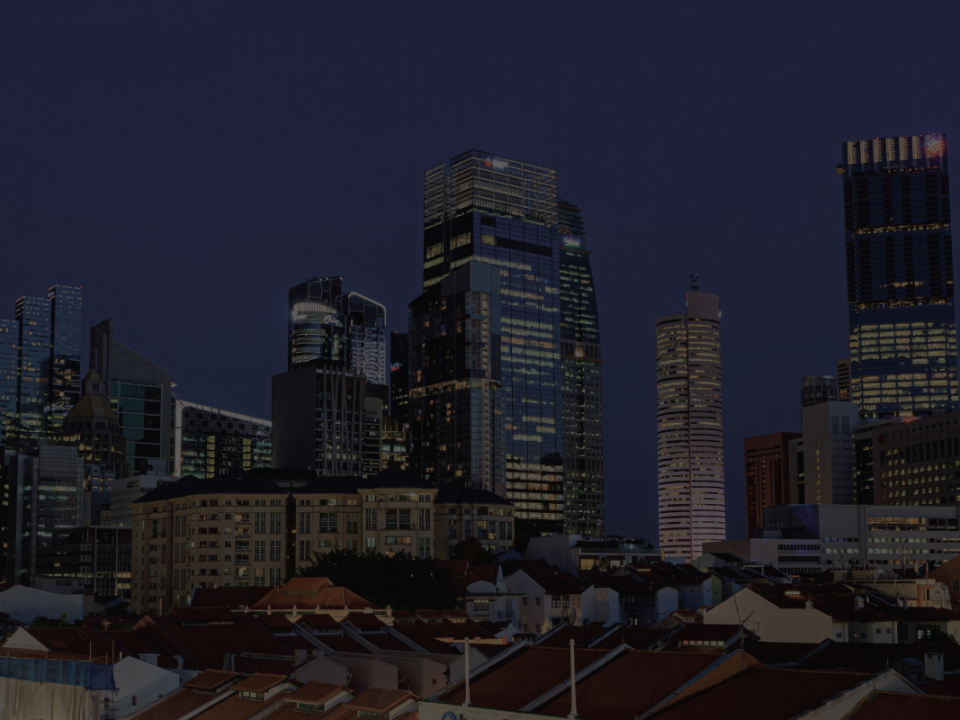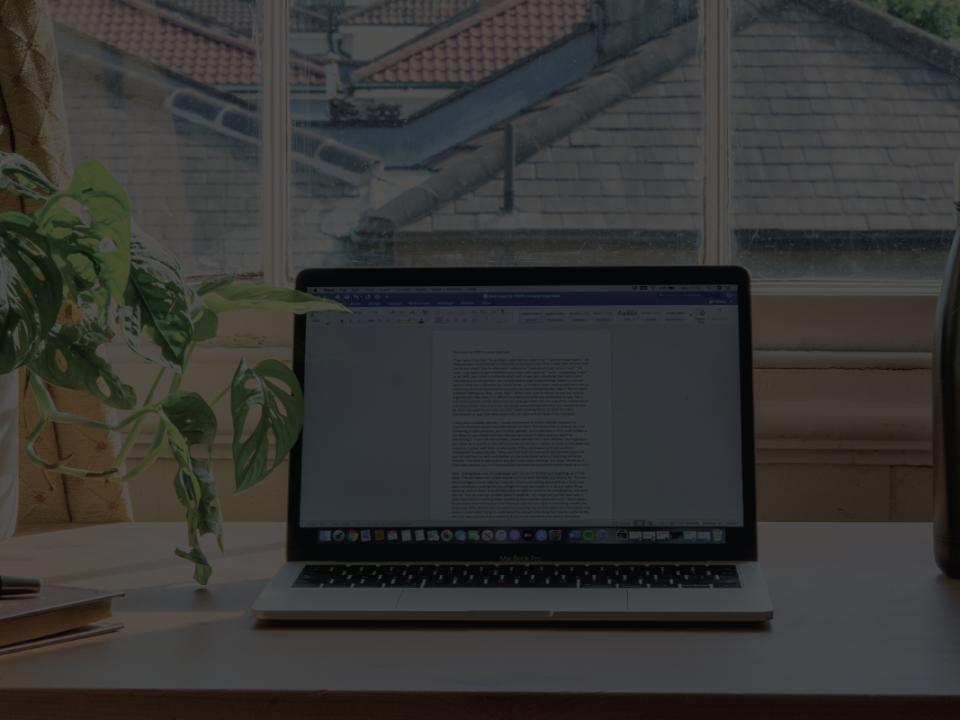Energy consumption has risen. How can you be more sustainable when working from home?

Earth Day 2020 – A poignant time of the decade
April 29, 2020
$100 billion to fight climate change: What does it mean?
July 17, 2020Latest reports from the Energy Market Authority (EMA) show that household electricity consumption jumped by an average of 22% with initiatives to #StayHome. This could have resulted from the hotter weather in Singapore in recent months and the increased use of electronic devices like air-conditioning and computers, just to name a few, as most Singaporeans are staying or working from home during the Circuit Breaker.
The only silver lining from the recent pandemic is this has brought about a breather for the environment, as everyone is working from home everywhere in the world. According to the World Resource Institute, emissions from the transport sector is a significant contributor to climate change with transport accounting for almost a quarter of CO2 emissions globally. This pandemic has seen significant changes in the environment around the world with the considerable decline in the travel, manufacturing and construction industries.
How then can we continue to be responsible by working and staying at home while being sustainable? Here are some tips that you can consider in creating a long-term habit of sustainability to do your part for the environment!
Instilling good energy saving habits
- Turn off your electrical devices at the socket when they’re not in use
With the rise in the number of electronic devices that we have in our lives, we have an ever increasing greater energy consumption just to keep them fully charged and available. When devices are plugged in and switched on, they are still continually drawing energy from the grid, chalking up your bills! So be sure to turn off your electrical devices at the socket or unplug them whenever they are not needed. This is an excellent habit to cultivate even when you are back at work in the office.
- Making use of natural resources as often as possible
Open the windows and bask in natural light during the day! Not only does this make you more productive and alert, it also saves you money. If it gets too warm, as it happens often in a humid country like Singapore, try using the fan instead of switching on the air conditioner. You can also keep the blinds down to maintain a cooler temperature.
Say no to disposables!
The World Bank has reported that Singapore uses an astounding 467 million PET bottles and 473 million plastic disposable items a year. When working at home, reusable cutleries are within reach so request to leave out disposable cutleries when you order deliveries. You should even took it up a notch and use your reusable lunchboxes instead.
In our fast-paced society, bottled water is readily available on the go, resulting in an increase on the dependence of one-time use bottles for our drinks. This convenience has contributed to tons of plastic waste every year. As we stay at home more, tap water is an option that is more economically friendly and sustainable. Invest in a filtration system that can give you access to clean portable water anytime from home. If convenience is a factor, use a refillable bottle so you can have water within reach wherever you are!
Bonus Tip - Make green decisions
By 2030, Singapore will be ramping up its solar capacity by more than seven times from current levels. This means you will soon have more access to green energy at your fingertips. But green energy, especially solar energy, is becoming more accessible in the last few years. Using solar energy at home does not just mean you need to install solar panels on your rooftop. There are other ways to make a switch from brown to green energy.
With the development of P2P energy trading platforms, like Synergy, Prosumers can offer your surplus solar energy online for consumers to choose and consume, while as a Consumer, you can select your preferred green energy plan at a competitive price, enjoy more savings and support your local neighbourhood solar provider. With digitization, you will even be able to track and monitor your energy consumption pattern, giving you better control and make changes to your lifestyle and habits.
Making sustainable choices has become much easier for consumers. All it takes is for you to make an active choice is to get connected, to think green. As the pandemic has taken quite a toll on our personal and professional lives, this might also be the change that will lead us to break our lifestyle patterns and making green decisions in the new normal.

